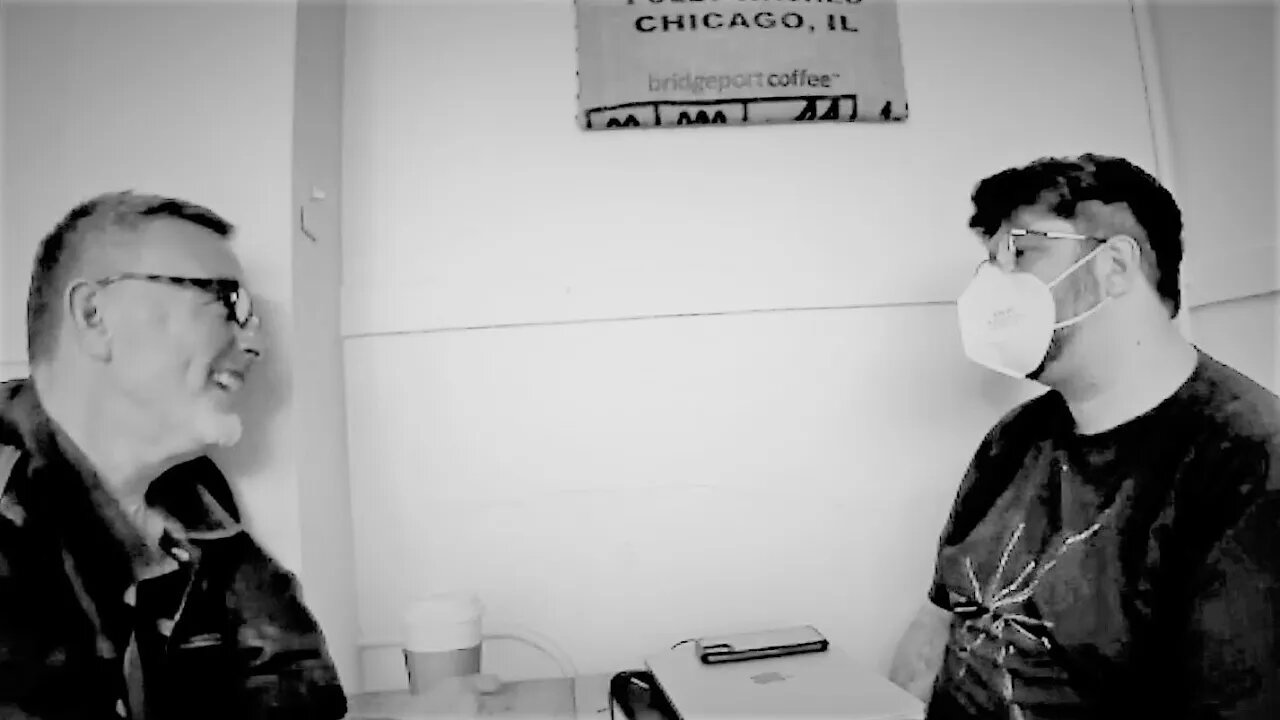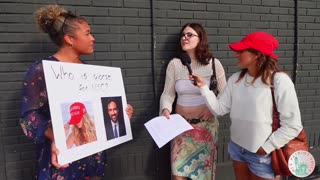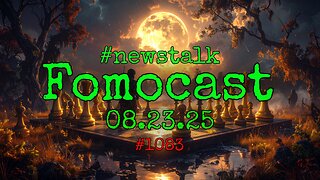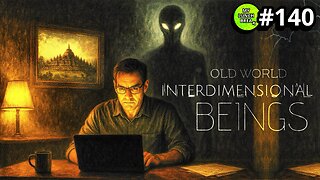Premium Only Content

You Know Too Much!
When it comes to religious faith and Christianity in particular, is it possible to know too much?
If I say yes, sceptics will be quick to ask “how could anyone know “too much”? What are you trying to hide?” Nonetheless, I will say that yes, it can indeed be bad to know "too much" about Christianity, and I’ll just hope that you’ll read on to find out why.
Sceptics from a church background are often of the opinion that, though they once knew and accepted the basic Gospel message, they have now been enlightened with further knowledge that allows them to move past Christian faith with a “been there, done that, but now I know better” attitude.
Other sceptics who grew up outside of a Christian upbringing often feel they have learned enough about Christianity simply by reading the Bible all the way through, or studying the history of the church, or watching all the latest documentaries on the history channel, and now they know enough to reject it.
That, I think, was the case with a well-read man named Brendon, whom I talked with at a coffee shop. Brendon described his upbringing as a “hippie” household, wandering between different idealistic pursuits, and that his parents encouraged him to be curious and learn about all the different forms of religious expression out there. So he spent a lot of time in public libraries, and has read much such as the major religious texts all the way through, including the Bible, the Quran and the Bhagavad Gita, as well as learning about and experiencing many different alternative religions.
The result of all this knowledge? Brendon seems to have learned to be very accepting and appreciative of the beliefs of others – no matter what they are - and quick to proclaim his own inability to judge any of them one way or another. He claims to be basically uncommitted when it comes to religious belief, and he did pretty consistently maintain this neutrality throughout our entire conversation.
In my experience, most people fall short when it comes to how much they know about Christianity. What they do know is often just the opinions of others rather than studying and learning for themselves. They know some facts but can’t see the big picture, like losing the forest for the trees.
But some people, like Brendon, go far beyond a basic knowledge of Christianity and religion to the point of information overload. The vastness of the forest makes them lose sight of the trees, and in this case the trees represent the basic steps we are expected to take in response to the Christian gospel.
Brenden seems to know a lot about Christianity and other religions, but the Gospel calls us to respond to its basic message with repentance and faith sooner rather than later. To move past these calls to commitment, even if only to seek additional knowledge, is very often simply an act of rejection through procrastination.
In Jesus’ parable of the Sower, God’s word is planted in various types of “soil”, and in one type of soil the seed is choked out “with worries and riches and pleasures of this life”. People like Brenden can be exposed to God’s word at various levels, but in the end it is just too much distraction caused by too much of any number of things, including information overload.
“Too much” of anything is too much, and too much information without acting on what one already knows can be just another distraction to the Gospel.
-
 18:14
18:14
Her Patriot Voice
2 hours agoWho Is WORSE for NYC: Trump Girl or Socialist?
3.91K18 -
 LIVE
LIVE
SavageJayGatsby
1 hour agoSpicy Saturday with Mally! | Road to 100 | $300 Weekly Goal for Spicy Bites!
1,489 watching -
 UPCOMING
UPCOMING
FomoTV
3 hours ago🚨 Swamp Theater: FBI Raids Bolton 🕵 Still NO Epstein Files, Trump's Troops & the Red Heifer Hoax 🐂 | Fomocast 08.23.25
363 -
 6:04:40
6:04:40
Akademiks
6 hours agoRoc Nation & Meg Thee Stallion did a 7 HOUR Deposition with me. Drake Secret Kid Finally Revealed.
27.7K1 -
 24:19
24:19
Stephen Gardner
3 hours ago🚨BREAKING: FBI Raid of John Bolton’s House Reveals THIS!
29.7K70 -
 8:31
8:31
MattMorseTV
5 hours ago $0.82 earnedTexas just did the IMPOSSIBLE.
27.6K56 -
 24:39
24:39
MYLUNCHBREAK CHANNEL PAGE
1 day agoInterdimensional Beings at Borobudur
38K19 -
 12:42
12:42
Scammer Payback
23 hours agoCalling Scammers who were Raided
15.1K10 -
 23:31
23:31
IsaacButterfield
15 hours ago $0.05 earnedThe Woke Mob Is Really CANCELLING Matt Rife For THIS…
16K15 -
 1:23
1:23
WildCreatures
8 days ago $0.97 earnedThis mother armadillo eating her palm nuts is truly adorable
14.4K16